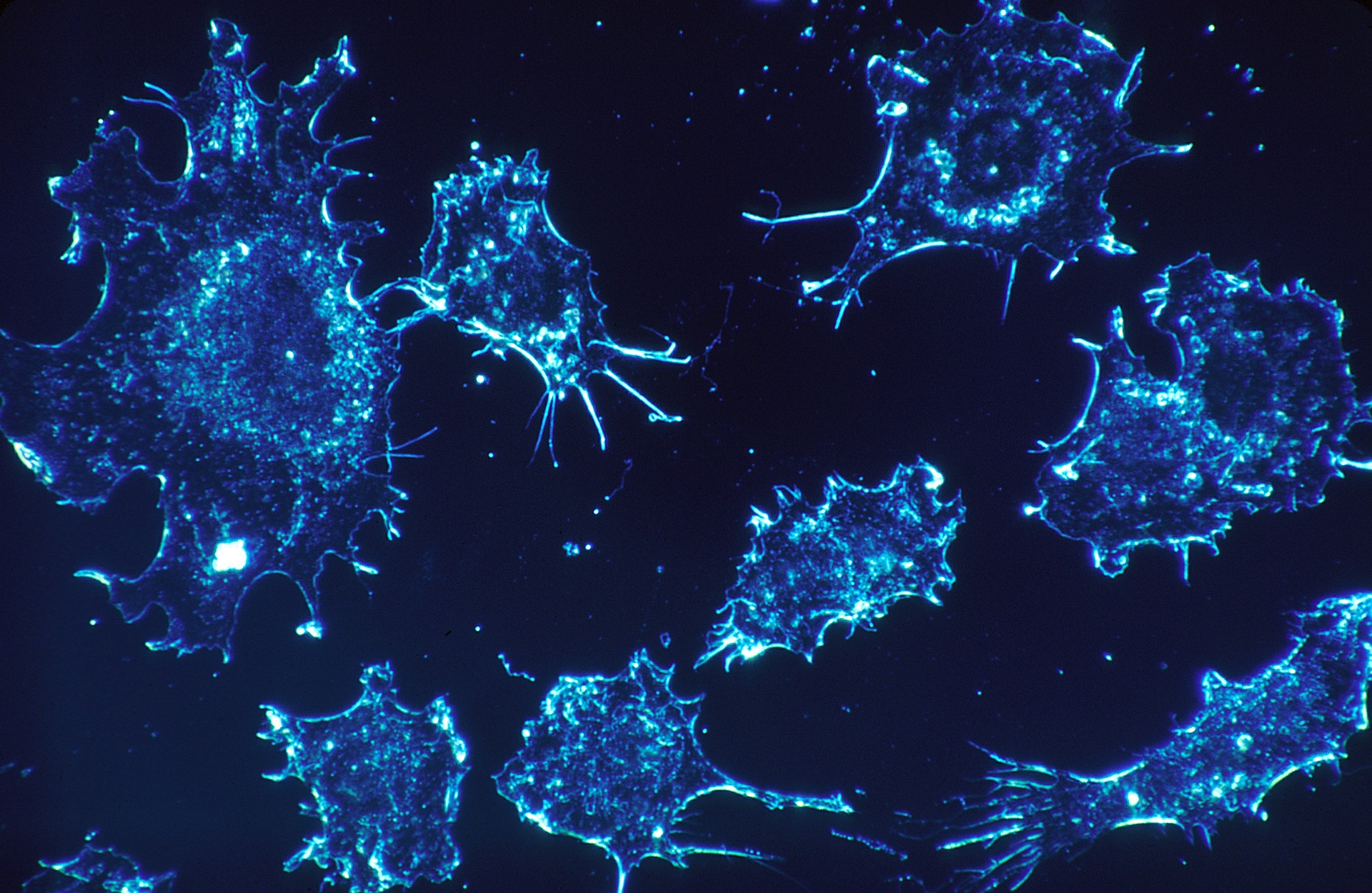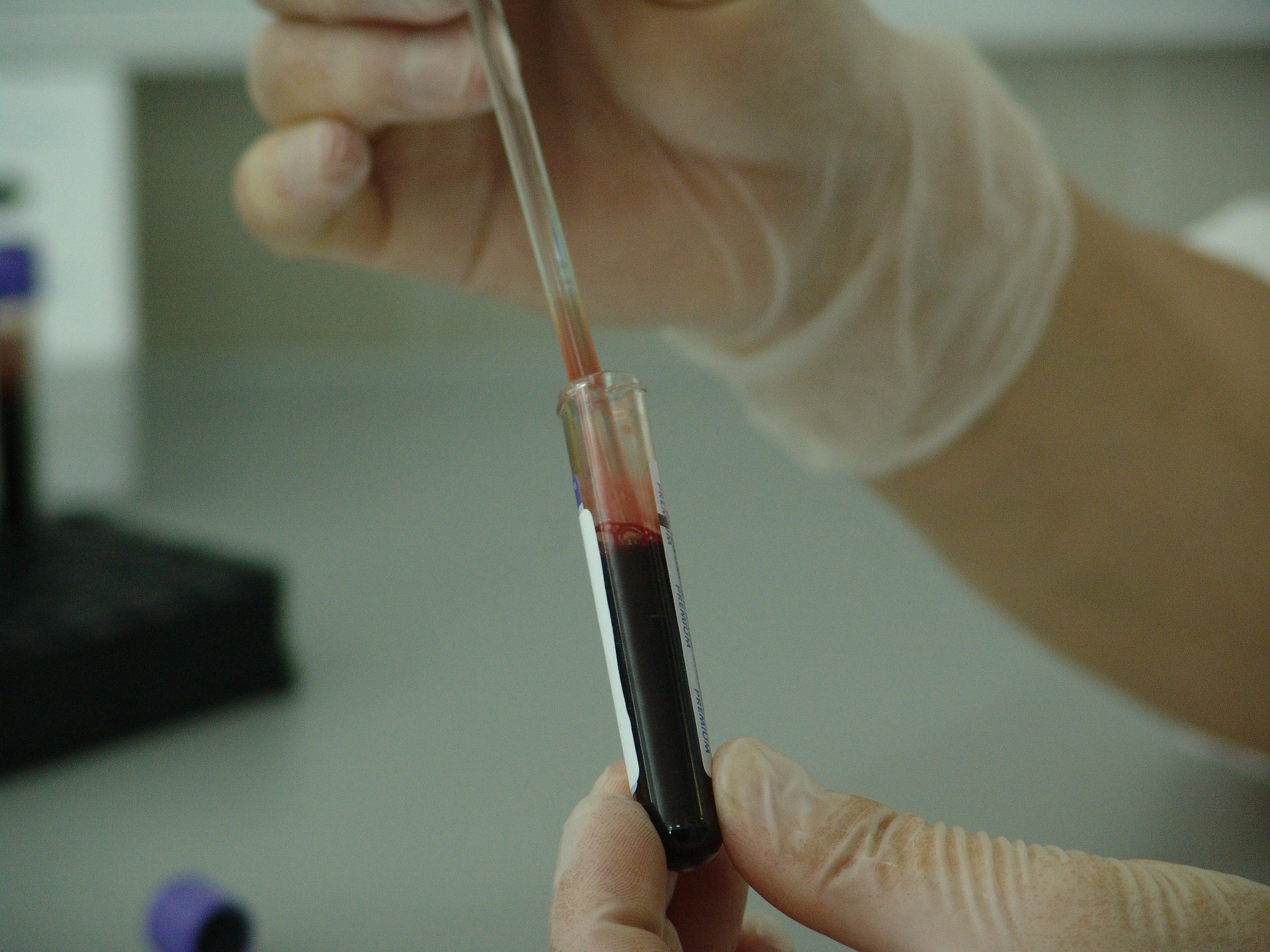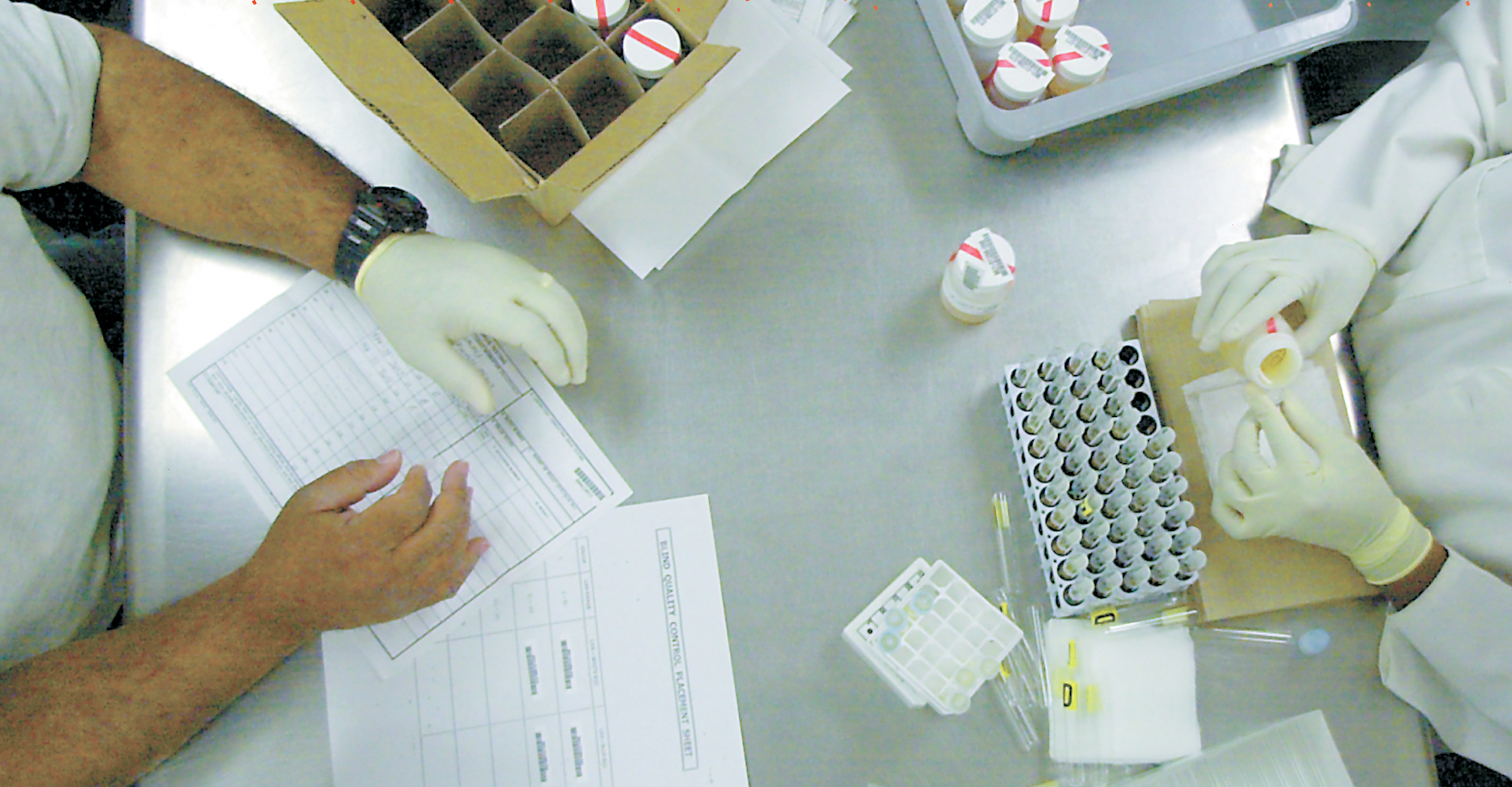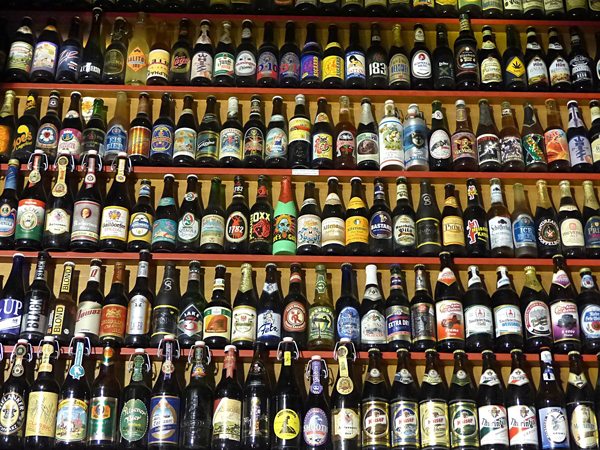A study by Dutch and British researchers published in the journal Nature titled “Alcohol-derived DNA crosslinks are repaired by two distinct mechanisms” has identified specific DNA repair pathways that help repair alcohol-induced DNA damage. These pathways fix damage caused by acetaldehyde, a compound produced during the metabolism of alcohol in the body. Insufficient repair of DNA damage can lead to mutations associated with the development of cancer. These findings therefore highlight a mechanistic link between alcohol and carcinogenesis.
The body has endogenous mechanisms to deal with the adverse effects of acetaldehyde, one of which includes the ALDH2 enzyme that functions to break down the compound. People with a mutation in the ALDH2 gene that encodes the enzyme are unable to break down acetaldehyde and are more susceptible to developing alcohol-related cancer. Approximately half of the Asian population harbors a mutation in this gene.
The harmful effects of acetaldehyde on DNA integrity is well known. Acetaldehyde causes damage to DNA by inducing the linkage of DNA strands, resulting in a major form of DNA damage called interstrand crosslinks. If these crosslinks are left unrepaired and accumulate in number, they can lead to cell death.
Of note, many drugs used in chemotherapy, including cisplatin, induce interstrand crosslinks to kill cancer cells. The cell has intrinsic mechanisms to repair DNA damage. Failure to repair damaged DNA leads to mutations, the accumulation of which can lead to uncontrolled, faulty cell growth, which can result in cancer.
Related: Whole Cancer Genomes Study Sheds New Light on Dark Matter
In the study, researchers at the Hubrecht Institute (KNAW) in the Netherlands and the MRC Laboratory of Molecular Biology in the UK found that DNA interstrand crosslinks generated through acetaldehyde exposure in Xenopus (frog) egg extracts could be repaired through two distinct replication-coupled pathways. The first pathway is the Fanconi Anemia (FA) pathway, which utilizes excision repair to fix DNA crosslinking. As suggested by its name, impairments in this pathway lead to Fanconi Anemia, a rare heritable disorder that predisposes individuals to cancers such as acute myeloid leukemia, along with other physical defects.
The second is a pathway that does not involve excision repair and instead uses a replication fork convergence mechanism in which the crosslink is physically broken. The break site is then repaired by the Y-family DNA polymerase REV1. This study was the first to identify this excision-independent pathway as a repair mechanism for DNA crosslinks.
The repair of DNA damage is often error-prone, which can lead to mutations. The study further showed that the repair of acetaldehyde-generated crosslinks through the identified repair mechanisms is particularly prone to errors and thus there is an increased frequency of mutations, as well as an altered mutational profile compared to repair of cisplatin-induced crosslinks.
The findings of this study have helped identify specific pathways involved in the repair of DNA interstrand crosslinks caused by the alcohol-derived metabolite, acetaldehyde. By gaining a better understanding of the components and pathways involved in alcohol-induced DNA damage, further studies can look into targeting these pathways to promote error-free DNA repair, and/or to assess how the detrimental effects of alcohol metabolites on cellular DNA can be mitigated overall to reduce cancer risk.












Join or login to leave a comment
JOIN LOGIN